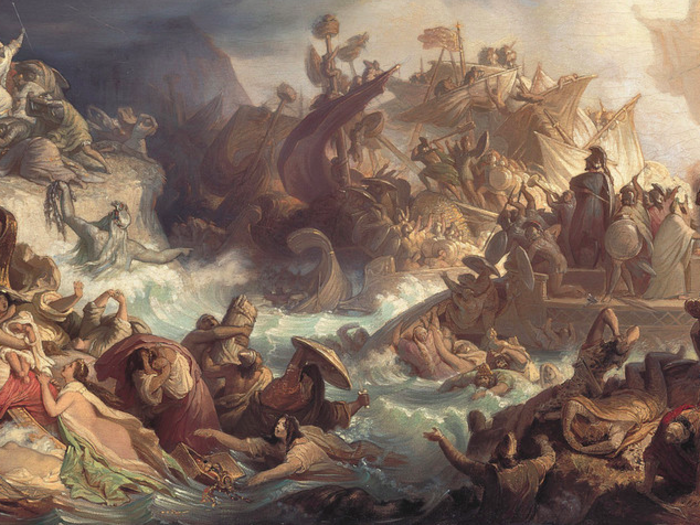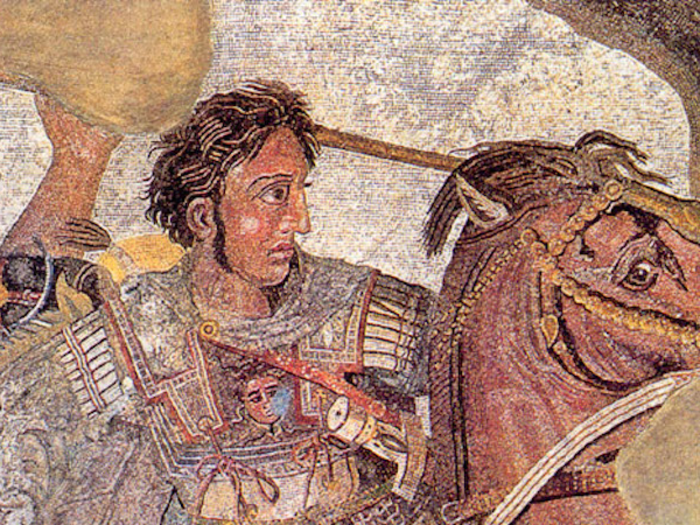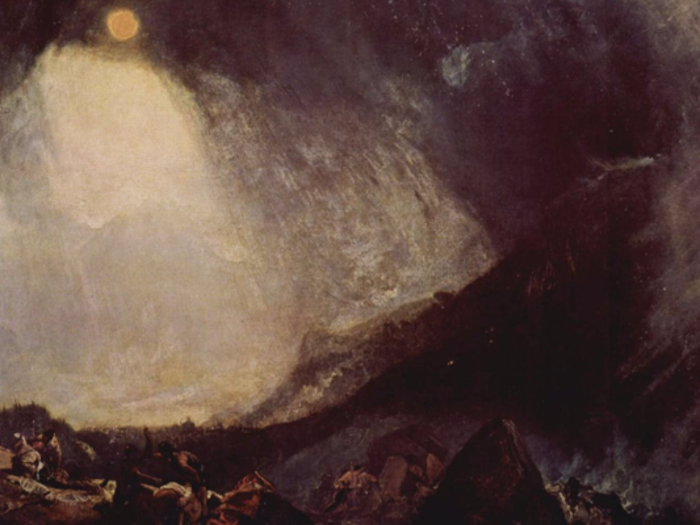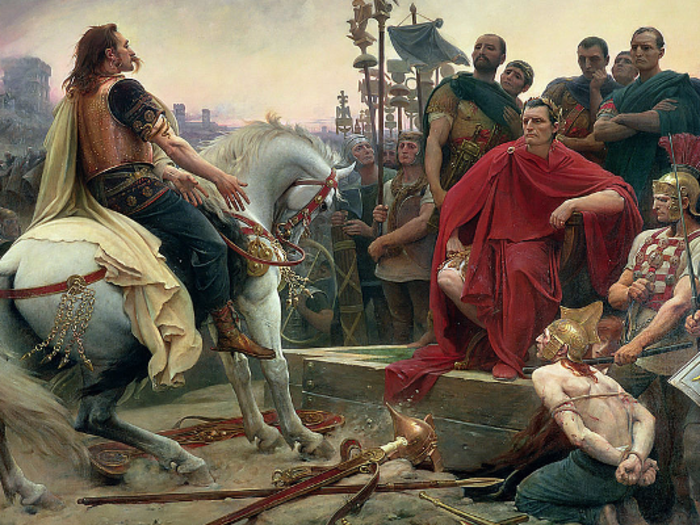5 lessons we can learn about leadership from some of the most famous generals in history
Leonidas I taught us to put our troops before ourselves.

Themistocles taught us to make our own luck.

Themistocles, an Athenian politician and general, fought alongside Leonidas during the second Persian Invasion of Greece. In 480 BCE — the same year as the Battle of Thermopylae — he engineered the naval Battle of Salamis, which proved to be the turning point in the war.
As Business Insider previously reported, Themistocles and his forces were up against the Persian Empire at the peak of its power.
Despite those odds, the outnumbered Greeks were motivated as they fought to defend their homes. This especially showed at the Battle of Salamis, where Themistocles convinced his allies to engage with the Persian fleet and leveraged his knowledge of the winds to overcome the enemy.
Alexander the Great taught us the danger of burning out.

Alexander the Great is considered by many to be one of the most successful conquerors in history. He is largely responsible for the spread of Hellenistic culture around the Mediterranean and beyond.
However, his confidence in his own divinity ultimately prompted him to overstretch himself and his empire. After his tired army forced him to turn back in India, he had completely burned out. Even the most talented leaders can't overwork themselves — they know when to back off or take a break. Alexander's inability to do this largely caused his untimely death in 323 BCE at the age of 32.
Hannibal taught us to build a support system.

Carthaginian general Hannibal Barca brought the Roman Republic to his knees during the Second Punic War. In 218 BCE, he famously crossed the Alps with his soldiers and elephants, and proceeded to spend the next 15 years conquering Italy.
Today, he is widely considered one of the most brilliant military strategists of all time. His downfall was ultimately brought about by the very people he was fighting to defend.
As Joshua J. Mark writes in the Ancient History Encyclopedia, Hannibal constantly begged the rulers of Carthage to send him enough men and supplies to take Rome and end the long war. Carthage refused, sending "... only as much aid as would not inconvenience them."
Ultimately, Rome turned the tables on Hannibal, attacking Carthage and forcing him to return to Africa, where he was defeated in the Battle of Zama. This historical incident is excellent proof that talent and smarts are important, but you'll need the support of others to truly succeed.
Caesar taught us to take risks.

When Julius Caesar crossed the Rubicon River with his army in 49 BCE, he was essentially declaring war on the Roman Republic.
In "The Life of the Deified Julius," Suetonius writes that Caesar quoted an Athenian playwright as he crossed the river, declaring "the die is cast."
He sparked a bloody civil war between his supporters and enemies, but ultimately prevailed and became dictator. Had he not taken that major risk, he might not have achieved such success (although he might have also escaped assassination). It just goes to show you — sometimes gambles pay off. The best leaders know when the risk is worth it.
His big risk paid off for him in the short term, and signaled the death knell of the Roman Republic.
Popular Right Now
Popular Keywords
Advertisement